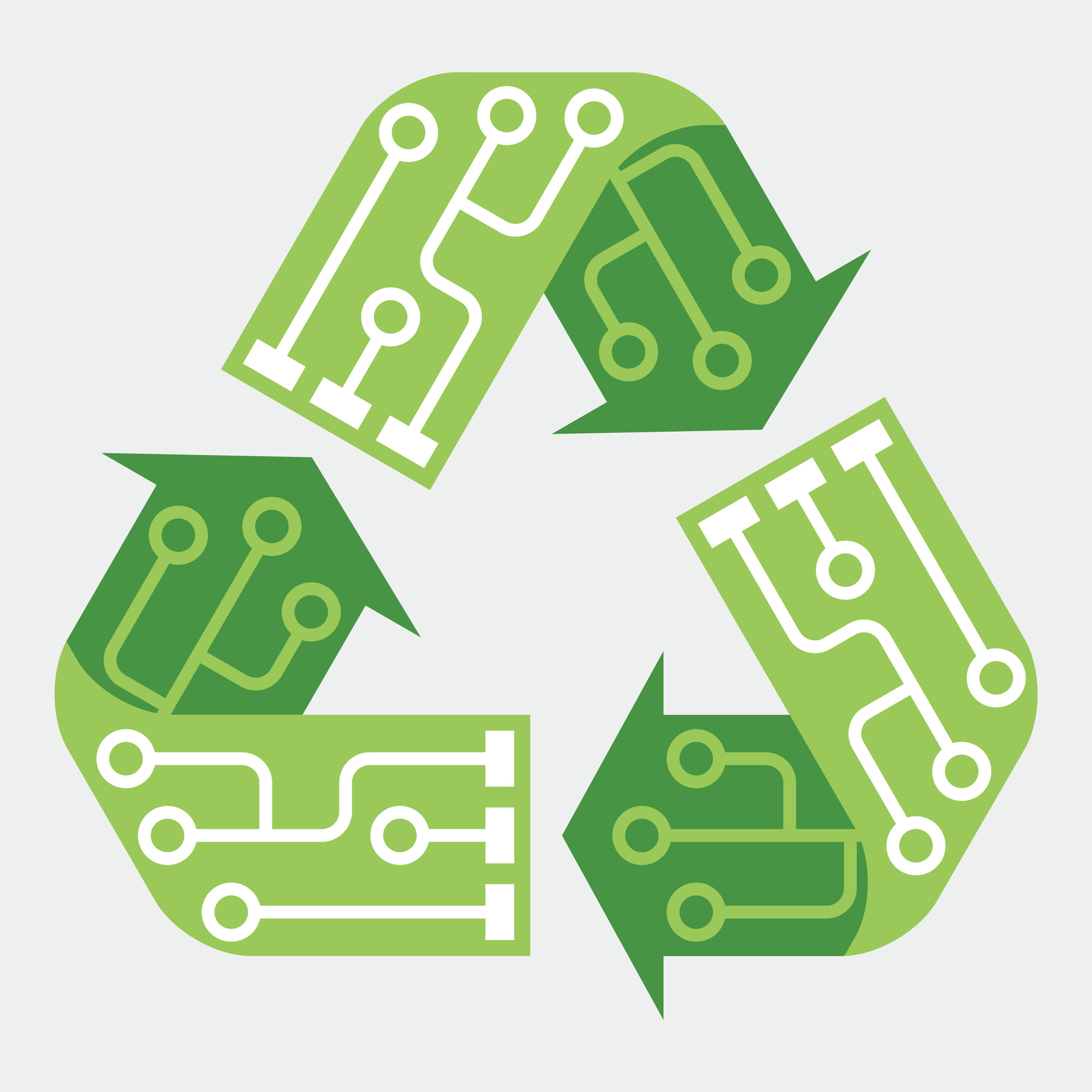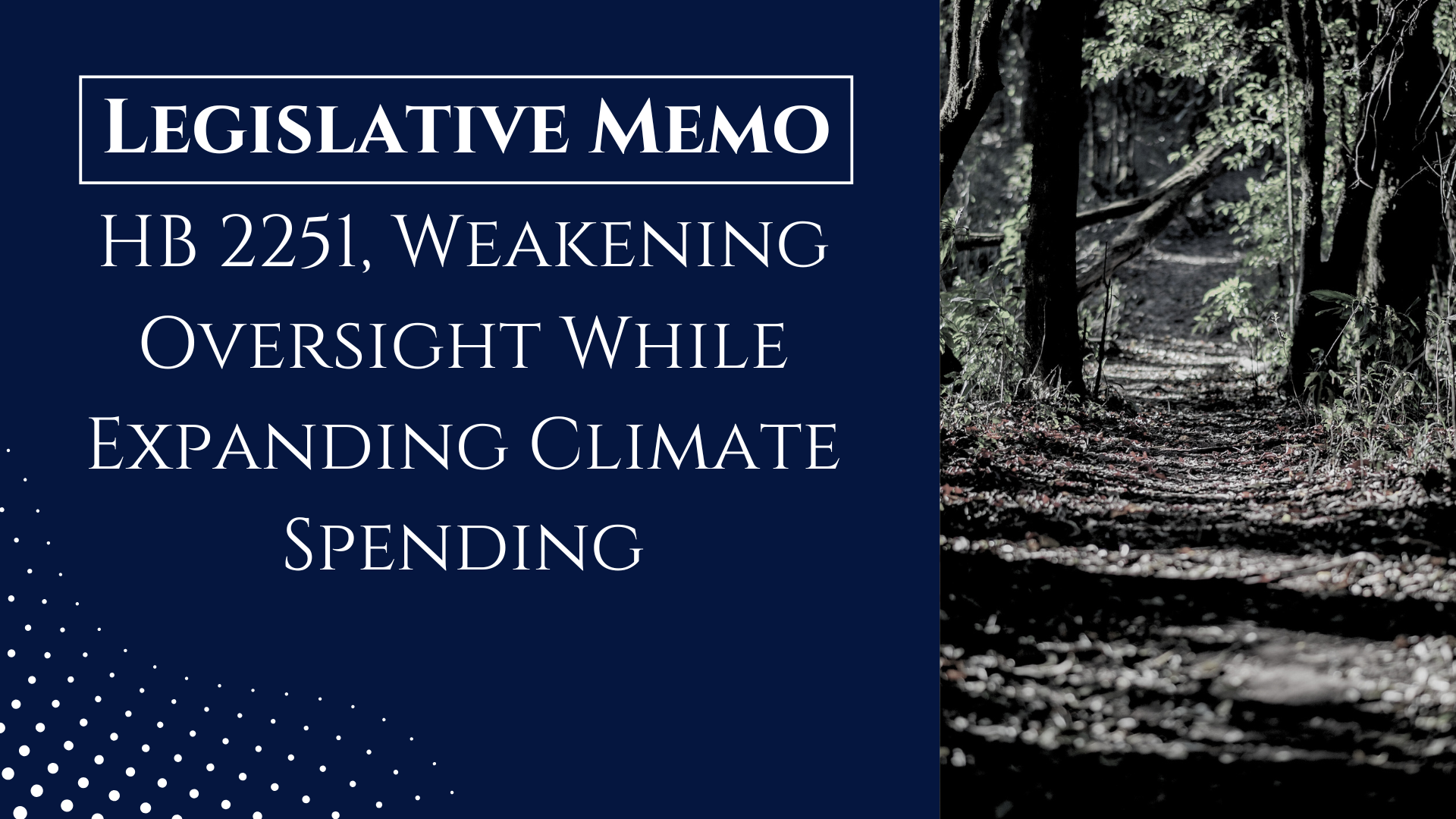Whether we are trying to improve the use of resources, make energy generation cleaner and more reliable, or reduce our impact on wildlife habitat - innovation will be central to improving our stewardship of the environment. That innovation ethic, however, is at odds with the top-down, government planning mindset that drives much of Washington’s environmental policy.
The conflict is apparent in a recent legislative proposal to create a new bureaucracy that would plan recycling for “all consumer packaging and paper materials.” A new study from researchers at the National Renewable Energy Laboratory notes that, " Innovation within the recycling space is essential to reach targets set by the U.S. Plastics Pact and European Union to achieve 50% plastic packaging recycling or composting by 2025." By choosing a heavily bureaucratic approach, however, the proposed legislation undermines the creation of new technologies that will be critical to achieve the goals in the bill.
The legislation, Senate Bill 5154, has extremely broad reach, including governing what recycling processes are allowed. The text notes that before “alternative recycling processes” (innovative approaches different from “purely mechanical means”) are allowed, they must face a third-party analysis that examines:
- Potential pollution from the process
- Energy use and greenhouse gas emissions
- Water usage and impact on water and sewage infrastructure
- Impacts on “overburdened communities and vulnerable populations”
- Any other environmental impacts Department of Ecology staff decides are necessary
The bill even specifies that when the results of that assessment are “reported and communicated,” they must “provide full disclosure of geographical, temporal, and technological boundaries that have been selected for the assessment.”
Once the report is complete, the Department of Ecology is required to take public comment and decide whether to allow it as part of the state’s all-encompassing recycling plan. That includes input from the “advisory council” which may include competitors who don’t want to see better technology emerge.
So, imagine a new technology emerges that can recycle plastic in a way that is more cost effective and environmentally friendly. That new technology will have to run the gauntlet of a lengthy assessment that may not be able to accurately evaluate an approach that, while promising, is still new and has uncertainty. New technology will then have to face the critique of an “advisory council” that may, in fact, want to see new technologies blocked. It would also have to face the assessment of a state agency that has no expertise in the technology or incentive to approve it. And since Ecology staff will have to continue to work with members of the advisory council, there is an incentive not to take steps that might anger the members of that committee.
Rather than encouraging innovation that will be critical to improving our recycling systems, the proposed legislation creates several counterproductive obstacles, many of them being political or ideological litmus tests. Consequently, whether an “alternative recycling process” is ultimately approved may have more to with good lobbyists than the elegance of the new technology.
This anti-innovation approach isn’t an accident. Once the authors of the legislation decided on an approach that relied entirely on government planning, studies, advisory councils, and bureaucratic oversight, the bias of the system was naturally going to run in opposition to anything new.
There are numerous other problems with SB 5154, but it is a good example of how irredeemably anti-innovation a government planning approach is.
Innovation that allows us to do more with less has been the critical component to reducing environmental harm while increasing prosperity here and around the world. If we are serious about changing how we use resources, legislators should eliminate – not create – bureaucratic barriers and let innovators do for recycling what they have done for so many other environmental challenges.






